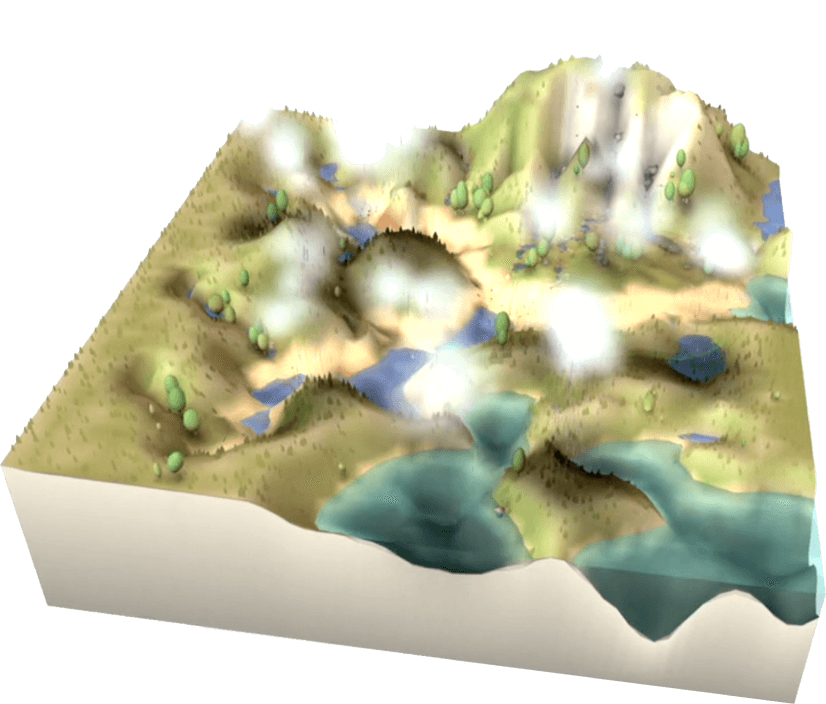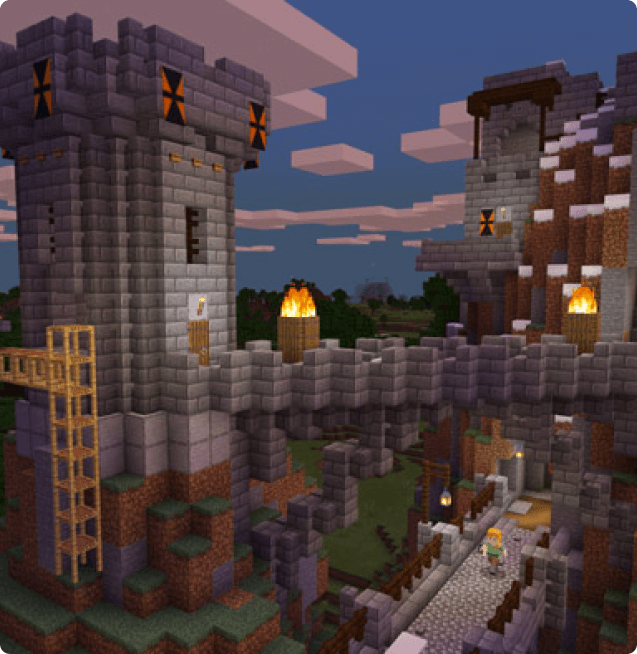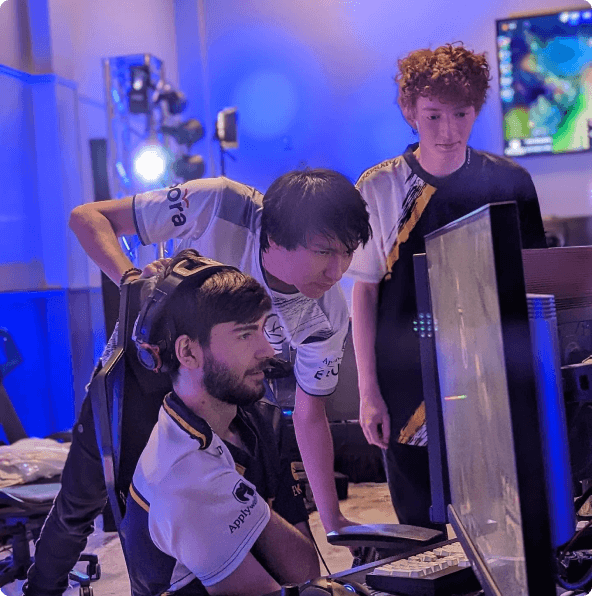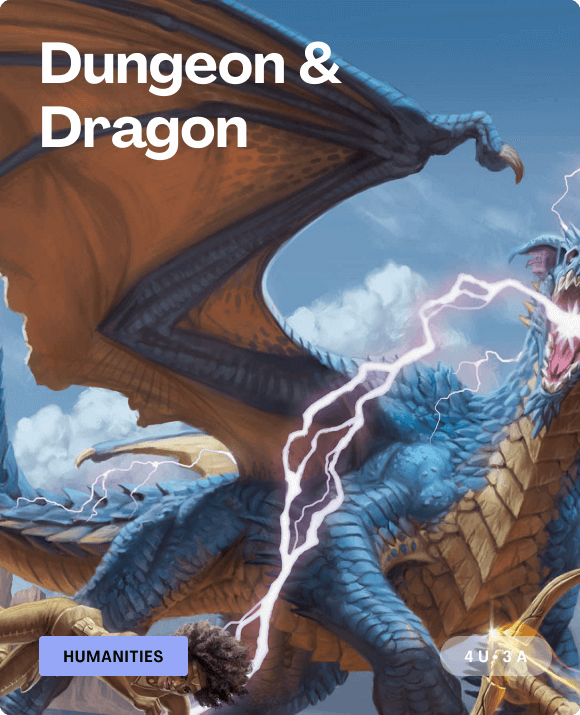Trend 2
Gameplay Encouraged
The future of education looks less like a classroom and more like a video game.
Better learning through gameplay
More people around the world are choosing the pursuit of hard challenges through gameplay. At the same time, we’re beginning to understand the cognitive benefits associated with playing games. Research from one of the most groundbreaking studies happening now, the Adolescent Brain Cognitive Development Study (supported by NIDA and NIH), shows that children who regularly play video games are faster and more accurate on cognitive tasks than those who never play.7

“Functional MRI brain imaging analyses found that children who played video games for three or more hours per day showed higher brain activity in regions of the brain associated with attention and memory than those who never played.”
Source: Adolescent Brain Cognitive Development Study, NIDA and NIH
Of course, not all games are good for all students or learning. But there are special properties of games that encourage us to push on, that make us more tolerant of making mistakes. One of these properties is trial and error through exploration – where players (or students!) can experiment with new skills and concepts, and receive immediate feedback from their environment. In other words, they provide engaging, responsive environments for trying things out. You can think of it as a kind of experiential learning, or learning by doing, that emerges through gameplay.

Strategy games like Factorio and multiplayer games like Minecraft allow students to hone their thinking and collaborate on problems with others.
In Earth Primer, “a science book you play with”, the learner builds mountains and then uses the ocean’s waves to erode them away.

Interactive renaissance
Video games represent the next stage in interactive education. We’ve known for a while that interactivity helps with learning. In 2015, a study from Carnegie Mellon University found that interactive activities are 6x more likely to help students learn than static content.8 To emphasize: 6x. That’s a crazy huge difference. What makes video games unique here, says noted scientist David Deutsch, is that they provide interactive complexity without a huge initial investment.9 This growing accessibility is what really marks games as a big part of the future of education.
“Video games are not some transient, fringe aspect of culture; they are destined to be an important means of human learning for the rest of history, because of their interactive element.”
— David Deutsch, Physicist & Advanced Computer Science Researcher
Source: Taking Children Seriously
Games can also be a powerful medium for building transferable skills. Recent studies show that playing video games could enhance students career prospects, primarily through improved skills in three areas: adaptability, communication, and resourcefulness.10 And researchers from the American Psychological Association found that kids who play games with a purpose (not just as escapism) are able to activate their strengths from the game in other contexts in their life, so long as they’re somewhat reflective of the experience.11
“I firmly believe that I learned more about building businesses from playing Starcraft than I’ve learned from business books.”
— Tobi Lütke, CEO of Shopify
Source: Nongaap Investing

“When we see our students through the lens of different ‘player types’ like game designers do, we can more effectively tap into their motivations.”Gordon BellamyUniversity of Southern California

Building your own simulation or replica of something real is another way gameplay can build transferable skills through communities like Minecraft and Roblox.
The Sora esports team in action at the Ekuso Esports competition.

Our view at Sora
We’ve seen first-hand that the use of gameplay has a real impact on improving student engagement, collaboration, problem-solving, adaptability, and the application of knowledge.
Risto Chief Product Officer“In the future there will be less passive content for learning, and more media that leverages gameplay with real-time feedback embedded within the content itself; instead of books and videos, we’ll see content with playful interactions that involve actually doing something.”

At Sora, many of our learning experiences function like games. A fan favorite among students is the use of Dungeons & Dragons (D&D), a role-playing game with collaborative storytelling at its core.
D&D provides an isolated experiment for students to test out ideas in places where they don’t have consequences. Students who don’t typically participate in discussion can become uninhibited when they step into the role of a character – working together with others to make decisions and overcome the challenges of the game. This can be used to collaboratively solve all sorts of problems, and helps build transferable skills that can be applied to many areas of life.

